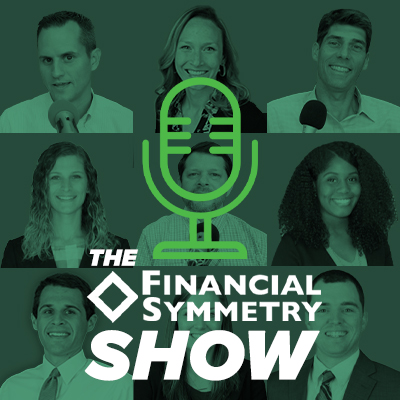Everyone wants to feel special, and unfortunately there are those who take advantage of that desire in order to sell questionable products and services. The psychology is based on what is called the Scarcity Principle, and we are subject to its lures through a myriad of advertisements, from late night TV infomercials to more subtle and sophisticated offerings.
Of course not everything that is sold as exclusive is lacking in value. Viewing the Super Bowl from the first row on the fifty yard line is undoubtedly a fantastic experience, at least for most football fans. And a long stretch of beach with few others in sight is more enjoyable to some than being one of thousands at Myrtle Beach on July 4th.
The most extreme recent example of exclusivity psychology being used in an abusive way is Bernie Madoff. His fraud will likely go down in history as the largest fraud that preyed mainly on the wealthy.
He and his accomplices (both the ones in the know as well as the naïve), cultivated a brand that was built on exclusivity. Potential investors who dared to ask questions about how he was generating high risk-free returns, were told to take their money elsewhere.
Of course the tragedy is that he was not generating high risk free returns. He was merely a thief and a cheat.
Hedge funds are marketed as investments available to the wealthy. They develop messages that seem to tell wealthy investors that unlike common investors, they can achieve superior investment returns with little or no risk.
 The track record however is certainly less than convincing. In 2011, the HFRX Global Hedge Fund Index* which is “…designed to be representative of the overall composition of the hedge fund universe.…”, lost 8.87%. And this was after less than stellar returns of 5.19% in 2010, and 13.40% in 2009. The annualized three year return was only 2.8%.
The track record however is certainly less than convincing. In 2011, the HFRX Global Hedge Fund Index* which is “…designed to be representative of the overall composition of the hedge fund universe.…”, lost 8.87%. And this was after less than stellar returns of 5.19% in 2010, and 13.40% in 2009. The annualized three year return was only 2.8%.
At Financial Symmetry, we have always balked at the very high fees that hedge funds charge. And we also do not believe that you can achieve good long term returns without experiencing some periods with losses.
By implementing a well designed investment strategy, there are opportunities presented during a period of falling stock prices that will enhance returns over a full market cycle.
Our composite return**, which includes all of our clients, also had a loss in 2011. However it was only 2.32%. And that followed a return of 11.05% in 2010, and 23.79% in 2009. Our three year annualized return was 10.32%, or 7.5% per year more than the average hedge fund investor.
When it comes to investing, there are times when being part of an exclusive group can provide superior results. One example is when a quality small cap fund closes to new investors before the fund becomes too large to successfully maneuver.
Then there are circumstances where fundamental design, combined with high costs, add up to an almost insurmountable hurdle. Hedge funds, in their present form, seem to have this problem.
* Source www.hedgefundresearch.com
** Please contact us if you’d like more details on Financial Symmetry’s composite performance results.





